How to prepare your body for the skiing season
- Overview
Why does preparation matter?
Making sure your body is well prepared is just as important as bringing all the right equipment. Training beforehand ensures your joints and muscles are strong and capable enough of taking on all the twists and turns you’ll encounter on the slopes.
Skiing is a full body exercise that takes a lot out of you, so training your whole body is imperative to get the most out of your trip.
If you’ve never skied before…
If you’ve never been on a skiing holiday, you’re likely wondering if all this talk of preparation and training is really necessary.
The truth is that skiing uses parts of the body and muscles groups we don’t typically use on a daily basis. Just like how you would expect to feel some muscle soreness when you start lifting weights in the gym after some time off, skiing is a unique action that you’ve probably never done before.
To make sure you don’t ruin the rest of your week on the first day, you should not only train your legs, arms, core and back to prevent muscle soreness and injury, but also do balance, endurance, and cardio exercises to boost your control and stamina on the slopes.
When should I start my preparation?
To really get the best out of your time on the slopes we recommend starting training 6 to 8 weeks before your trip.
Cardio exercises
Cardiovascular exercise (or aerobic exercise) improves and builds your muscle’s ability to pull oxygen from your blood, meaning your heart has to pump less blood around your body to fuel the exercise you do.
Aerobic exercise is an umbrella term that includes running/jogging, cycling, swimming, or whatever movement you enjoy that gets your heart pumping.
Endurance exercises
Improving your endurance allows you to spend more time on the slopes without the need for rest. It will also make you less likely to develop delayed onset muscles soreness (DOMS) and accumulative fatigue if you’re doing multiple sessions throughout the week.
You can improve your endurance by slowly increasing the intensity of your workouts. This might mean adding extra reps into a workout you’re already doing, increasing the mileage you run, or if you feel ready, taking part in a HIIT or spin class.
Leg strength exercises
Skiing demands a lot from our legs and having a strong base is vital for staying upright on the snow.
The unique movements involved use multiple muscles in our legs, so you ideally want exercises that strengthen us from ankle to knee and all the war around to our glutes.
For Beginner - Moderate difficulty we recommend...
1. Squats
2. Bridge with adductor squeeze – using a light medicine ball or cushion
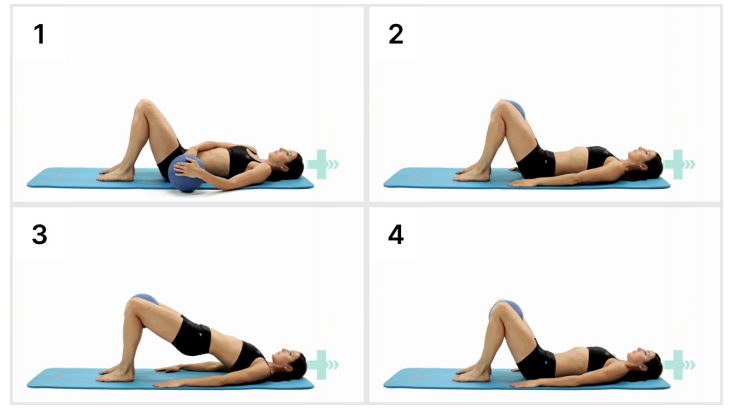
3. Lunges
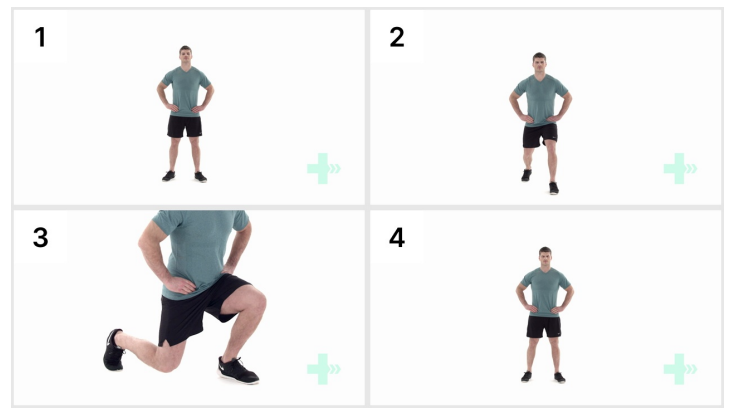
Advanced level exercise - 1. Completing the Squats with a barbell + weights
2. Pistol squat off a box
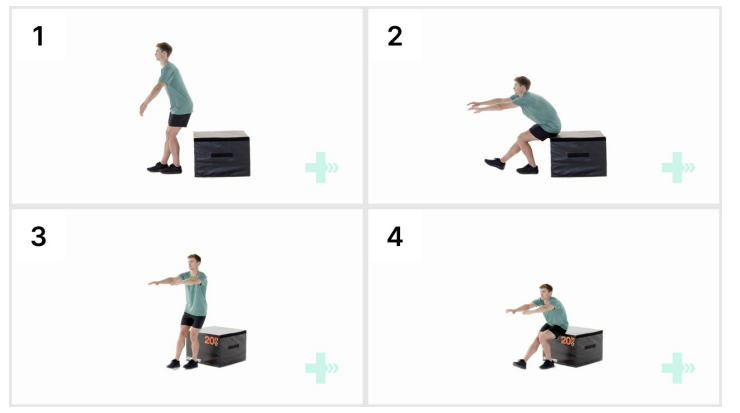
Arm strength exercises
Your arms and shoulders are important for helping you stay balanced while skiing. If you’re cross-country skiing, stronger arms will also help with propelling you forward.
To build arm muscles you should try:
1. Tricep extensions on a cable machine

2. Ergo Ski machine (found in most of our Nuffield health gyms)

Core strength exercises
Having a strong and stable core helps you stay supported, balanced and in control when you ski. A weak core could leave you struggling to keep proper form when going down the slopes.
When our core is weak, other muscles have to compensate, leading to things like back pain and poor posture. Core strengthening exercises will also help support and improve your balance on the slopes.
Core exercises for Beginner - Moderate difficulty include:
1. Mountain climbers

2. Planks

An Advanced level core exercise can be - Russian twists with a kettlebell or medicine ball

Balance exercises
If you’re concerned about staying upright and falling over when you’re heading down the snow, try to build and develop your balance. This is especially important for older skiers, as our balance traditionally starts to worsen as we age.
Balance exercises: Beginner - Moderate difficulty:
1. Alternating Lateral hops – starting off with small hops and gradually increasing their distance and speed
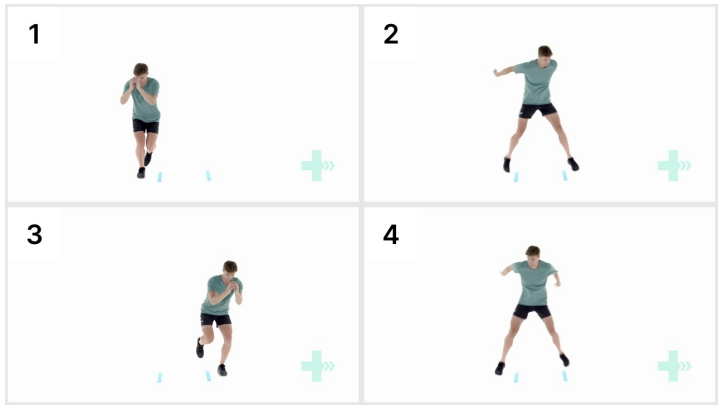
2. Multi directional toe taps
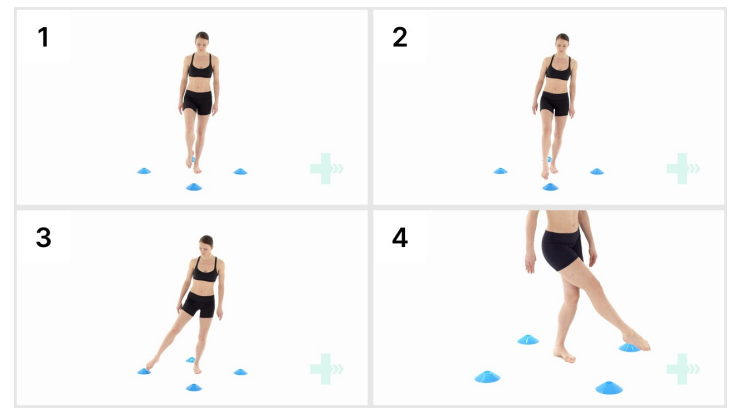
Advanced level balance exercises include:
1. Completing Multi directional toe taps whilst standing on a foam cushion
2. Bosu ball squat
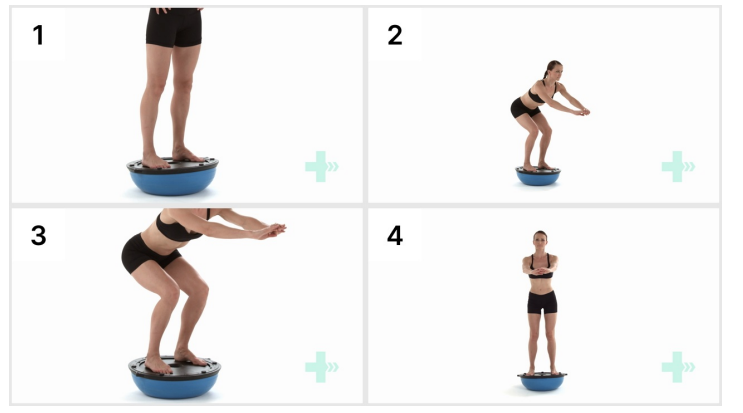
Warming up before skiing
As it is with every sport, it’s vital you warm up before skiing. Some warm up exercises include:
Horizontal leg swings, squats, arm swings, arm circles and thoracic rotations
To find out more about our Physiotherapy services, visit Physiotherapy at Nuffield Health or call us on 0345 045 4845 to book an appointment.
Last updated Monday 2 December 2024
First published on Friday 22 November 2024

